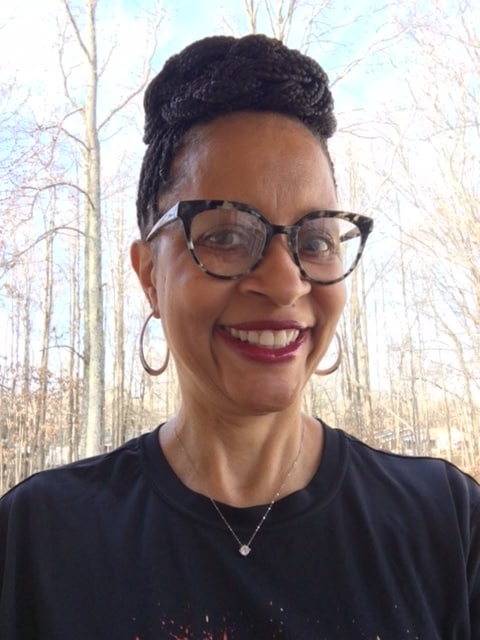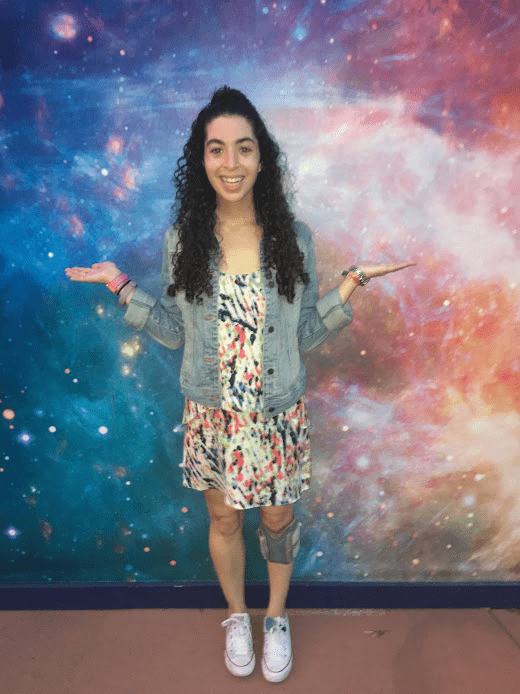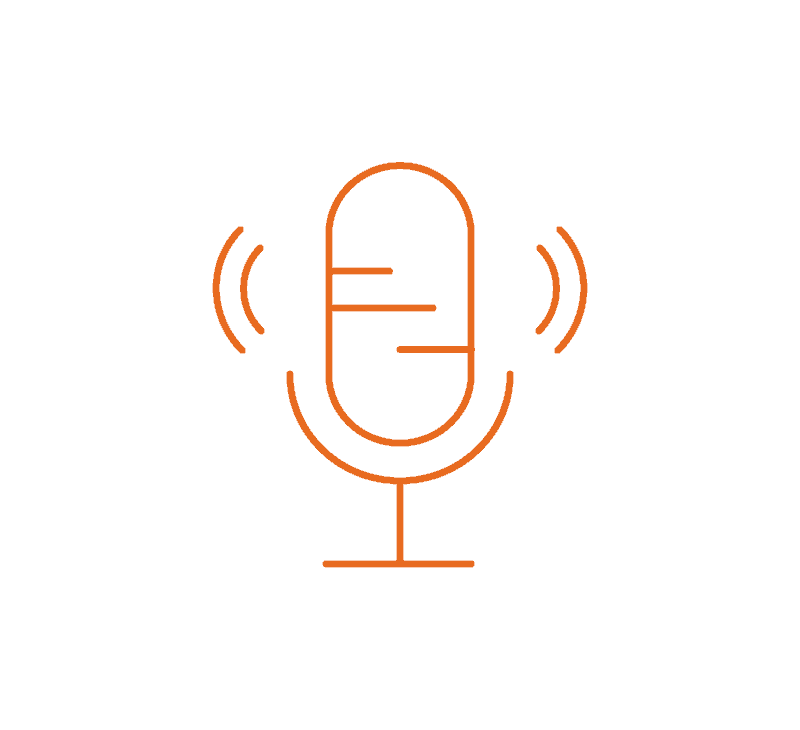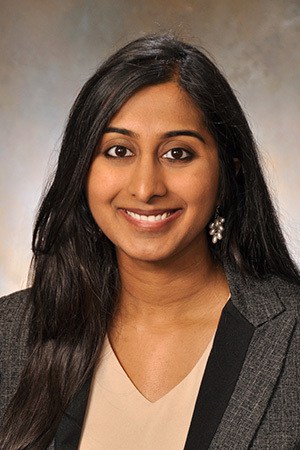00:00
A message from the President, Sandy Siegel
It is my honor to present the Siegel Rare Neuroimmune Association 2021 Annual Report to you. Since our inception, we’ve worked diligently to earn your trust by being transparent about our work and expenditures. We receive generous support from our community through charitable contributions and your essential volunteer efforts. We know that there is significant competition for good cause dollars, particularly during these uncertain times for our economy. I urge you to read through this report carefully.
After Pauline’s death in 2017, and when we changed our name to the Siegel Rare Neuroimmune Association in 2019, we adopted the tagline, “Connect, Care, Cure.” Our mission has always been and remains encapsulated in this concept.
We are proud of our accomplishments in 2021. Our staff and volunteers have worked hard to drive connections, offer care, and keep hopes alive for cures through the research we encourage and support. You can find the details of this work and the people behind it in the following pages of this report. Selena, Dr. Greenberg, Dr. Satyanarayan, and all of us at SRNA are advocating and working for you. Thank you to all those in our community who continue to support this work.
Sandy
Our Mission
The Siegel Rare Neuroimmune Association (SRNA) advocates for, supports and educates individuals and their families diagnosed with acute disseminated encephalomyelitis, acute flaccid myelitis, MOG antibody disease, neuromyelitis optica spectrum disorder, optic neuritis, and transverse myelitis, and accelerates and invests in scientific research, therapy development and training of clinician-scientists dedicated to these disorders. Our end goal is to improve the quality of life of individuals with rare neuroimmune disorders and redouble our commitment to finding a cure. Together.

From
121 countries
Selena Gagnon and our other dedicated volunteers and staff are building a community of those who have been diagnosed with these rare neuroimmune disorders and their caregivers. Building these connections lessens the isolation that often comes with one of these diagnoses. Our Support Group Network and Peer Connect Program unite people from all over the world with similar experiences. Our “This is Me” Campaign and Blog share the stories of the resilient people we work with. Our Walk-Run-N-Roll events allow participants to bring their friends and families together and raise awareness for these disorders. Our annual Quality of Life Family Camp connects children diagnosed with rare neuroimmune disorders, their families, and medical specialists. Selena is full of hope for the future of our SRNA community- and that hope fuels her to continue building these critical connections.
In 2021, we launched our Peer Connect Program and were able to match nine participants with volunteer Peer Connect Leaders (PCLs). PCLs are trusted individuals who live with a rare neuroimmune disorder and can offer emotional support, share similar experiences, and recommend resources. These volunteer-led groups connect individuals diagnosed with a rare neuroimmune disorder or their care partner and loved ones, to provide a safe space to relate to common experiences. Peer Connect Leader Chantal Banks expounded on how life-changing this program is for both the volunteers and the participants.
When someone receives a diagnosis of a rare neuroimmune disorder, they likely have never heard of this diagnosis before and may never meet someone with the same condition in their life. This is why we have built a virtual community to encourage connections all over the world. In 2021, we continued growing our Support Group Network, which now comprises over 20 groups worldwide. More than 250 members attended one of our Support Group Meetings in 2021. These volunteer-led groups connect individuals diagnosed with a rare neuroimmune disorder or their care partner and loved ones, to provide a safe space to relate to common experiences.
At a Glance
20
Support Groups
> 250
people signed up to attend a support group meeting in 2021
In 2021, we launched our “This is Me” Campaign, in which members of our community share personal videos about their experiences, in order to increase understanding of rare neuroimmune disorders and to provide a forum for sharing personal stories and experiences. We feature these personal videos on social media. Other community stories, along with research summaries, SRNA news, and more are featured on our blog. In 2021, we published 50 blog posts and had over 600 subscribers.
Our Walk-Run-N-Rolls have been one of our most powerful awareness initiatives since community leader Colleen Spaeth led the first one in 2012. Since then, those diagnosed with rare neuroimmune disorders, their family and friends, sponsors, and medical professionals have come together to walk, run, or roll to raise awareness and funds to support the important work we do. After being kept apart due to COVID-19, our community was excited to be able to come together in person for a Walk Run-N-Roll in North Carolina hosted by Sarah Pritzker. More than 70 participants enjoyed walking around the track of the Sandra & Leon Levine Jewish Community Center in the sunshine and they raised $4,352 to support our initiatives.
In 2021, we chose to hold our Family Camp virtually due to COVID-19. Our Quality of Life Family Camp is for children diagnosed with ADEM, AFM, MOGAD, NMOSD, ON, and TM. We were excited to feature Grace Fisher, a member of our community, and her parents Bill and Debbie. After a special screening of the award-winning documentary, “Amazing Grace,” which documents Grace’s struggles and accomplishments since her diagnosis of Acute Flaccid Myelitis at 17, she and her parents hosted a Q&A for campers. On the second day, Grace led a special art session and campers created their own unique underwater sea creatures. We are excited to announce that in 2022 we plan to be back together in person. You can learn more about that here.
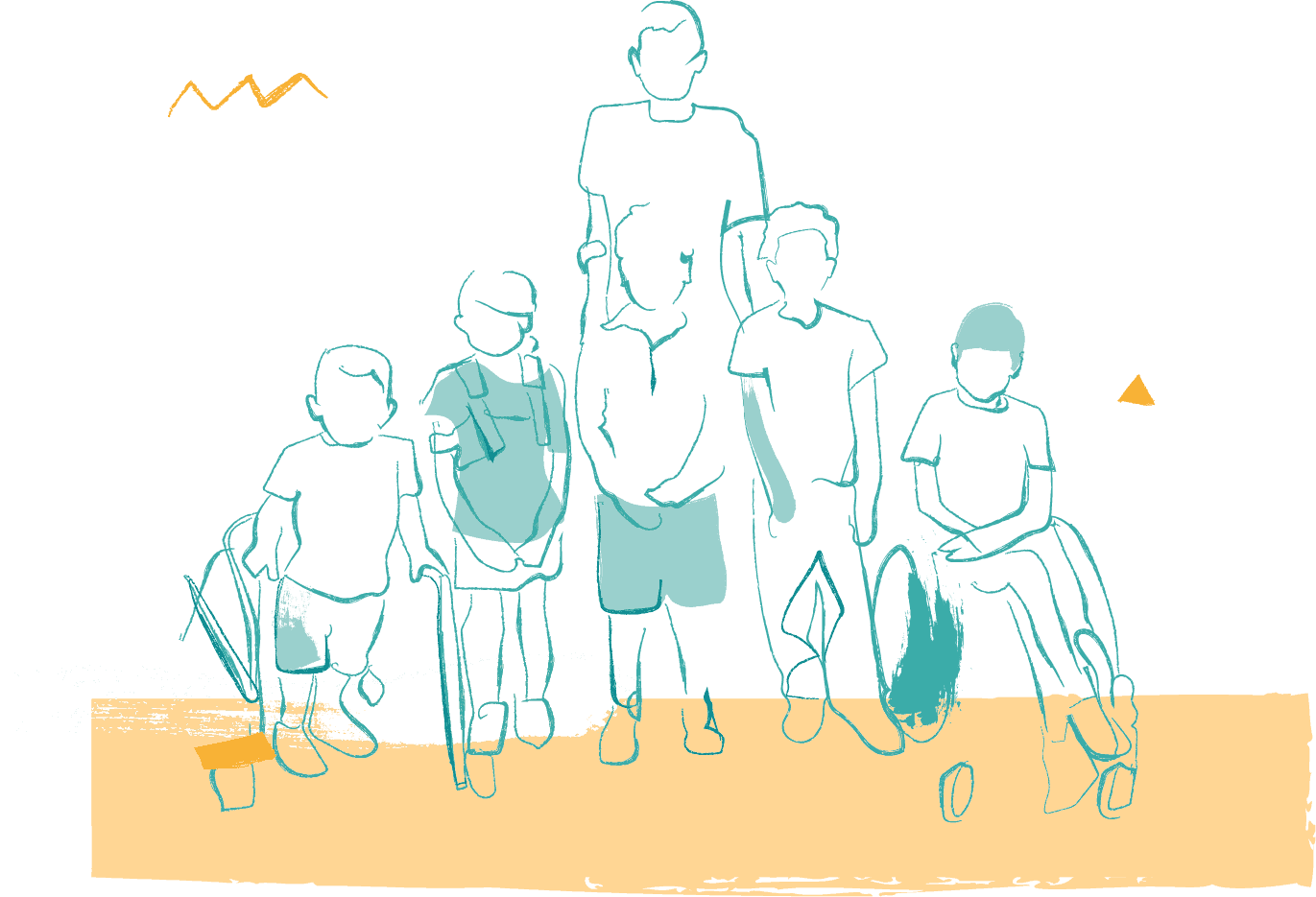
In 2021, 751 new members joined our community. We take our dedication to care for our community seriously by providing up-to-date medical information that empowers those living with rare neuroimmune disorders to make informed decisions about their health. In 2021, we manifested that care by providing up-to-date COVID-19 information from our board member and member of our Medical and Scientific Council, Dr. Greenberg. Our community found this information by listening to our podcasts, attending our virtual symposium, looking through our resource library, finding a doctor specializing in their disorder through our Medical Professional Network, or asking questions through our Myelitis Helpline. Hear from Gretchen Trimble, parent of a daughter with AFM, about the reasons why SRNA’s resources helped her and her family in their journey with a rare neuroimmune disorder.
When the COVID-19 pandemic hit, our community was faced with unique questions about how it could impact those with rare neuroimmune disorders. Throughout 2021, we continued to update our members on new research and information regarding COVID-19 diagnoses and vaccinations through a COVID-19 study, new information sheets, podcasts, and videos. We connected with medical experts to get the most up-to-date information on COVID-19 vaccinations and provided timely information to our community.
Our Medical Professional Network makes it possible to find healthcare providers who have experience with the specific rare neuroimmune disorders we advocate for. Our community can search by location, name, and specialty to find someone who can help with their medical situation. The directory is frequently updated as we work toward making connections with healthcare professionals and educating the medical community about these disorders.
At a Glance
207
medical professionals in the network
SRNA has an extensive collection of information on rare neuroimmune disorders available, which is housed in our Resource Library. Podcast recordings, videos of presentations from past symposia, research summaries, information sheets, and more are available at no cost to anyone with internet access. In 2021, we added 80 new resources to the library.
At a Glance
80
new resources added in 2021
> 732
podcast attendees
Our two podcast series, Ask the Expert and ABCs of NMOSD, were listened to more than 21,000 times in 2021. These podcasts allowed our community to hear the most up-to-date research and clinical knowledge from medical experts. We are especially proud of our six-part series on COVID-19 vaccinations and neuroimmune disorders with Dr. Benjamin M. Greenberg. ABCs of NMOSD was made possible through a patient education grant from Horizon Therapeutics, and was hosted in collaboration with The Sumaira Foundation, the Connor B. Judge Foundation, and the Guthy-Jackson Charitable Foundation. Our Ask the Expert podcast series was sponsored in part by Alexion AstraZeneca Rare Disease, Horizon Therapeutics, and Genentech.
At a Glance
39
experts
27
podcasts hosted
21,609
podcast listens
The 2021 SRNA’s Rare Neuroimmune Disorders Symposium (RNDS) was held virtually on October 8 – 10, bringing together individuals diagnosed with rare neuroimmune disorders and the clinicians and researchers who study and treat these conditions. In 2021, we had 42 expert speakers and nearly 200 attendees. We created three education tracks: one for those who had been recently diagnosed, one for those who have been dealing with a diagnosis for a few years, and for parents of children who have been diagnosed. We gave attendees opportunities to connect by using a “Networking” feature for brief, one-on-one meetings with other conference attendees. This feature was very positively received by attendees who were able to make new connections. Hosts for the 2021 RNDS were SRNA, Massachusetts General Hospital, UT Southwestern Medical Center, Johns Hopkins Medicine, Harvard Medical School, Children’s Health Dallas, Johns Hopkins Myelitis and Myelopathy Center, MGH NMO Clinic and Research Laboratory, and the CONQUER Program.
At a Glance
49
presentations were given at the 2021 RNDS
32,322
2021 RNDS video views
179
participants at the 2021 RNDS
The Myelitis Helpline is a free online resource that allows those who have recently been diagnosed, or anyone at any point after the onset of a rare neuroimmune disorder, to get answers and support about living with their disorder and to ask detailed questions. The most frequent requests on our Helpline in 2021 were from people newly diagnosed who sought a better understanding of their diagnosis and treatments. The most frequent Helpline requests were to ask a medical question, find a clinician nearby, ask questions about COVID-19, and look for financial support.
At a Glance
643
individuals supported through the myelitis helpline in 2021
SRNA’s Pauline Siegel Eclipse Fund for Research is dedicated to funding and conducting research to help better understand, treat, and ultimately cure ADEM, AFM, MOGAD, NMOSD, ON, and TM. In order to encourage more clinician-scientists to specialize in rare neuroimmune disorders, we fund their fellowship training through the James T. Lubin Fellowship. In 2021, we were proud to establish the Progress Grant for NMOSD, made possible by a research grant from Horizon Therapeutics. Listen to Dr. Sammita Satyanarayan’s testimonial below and read on for more information about her important research into inequalities in health care and their impacts on NMOSD patients.
For her research study entitled, “Assessing the impact of social disparities of health on disability and access to care in NMOSD patients,” Dr. Sammita Satyanarayan from the Icahn School of Medicine at Mount Sinai was awarded $25,000. Particularly in African American and Asian populations, social, behavioral, economic, and environmental differences among individuals may impact the clinical care and quality of life with NMOSD. The goal of this project is to understand how social disparities of health can impact access to care and clinical disability in order to effectively prevent significant morbidity and mortality in NMOSD patients.
SRNA was interested in how the COVID-19 pandemic impacted our community, which led us to launch our COVID-19 study. The goal is to understand and learn from the SRNA member community about their experiences with COVID-19, experiences accessing care during the pandemic, and other potential social challenges such as job loss or issues accessing medications. Some of those with rare neuroimmune disorders are considered high risk for severe COVID-19 disease, are on medications that suppress the immune system, or have complex, ongoing medical needs. Understanding these issues for our community during this pandemic helped us to create relevant programming and inform the medical community about the effects of this pandemic on those with rare neuroimmune disorders. The study involved participation in an interviewer-guided survey administered over the phone using Surveymonkey. Of the 100 participants in the study, 13.7% were let go from their jobs due to the pandemic, while 54.7% were not employed before the pandemic. Half of the participants had issues accessing medical care, and 80% had visits that were shifted to virtual visits. 5.3% of respondents had a COVID-19 diagnosis, but none were hospitalized.
Our patient registry has been designed to learn more about the natural history of rare neuroimmune disorders, treatments and outcomes using standardized tools in order to advance research about rare neuroimmune disorders, collaborate with researchers from around the world, and identify participants for clinical trials. Over 600 community members have shared information about their diagnosis, treatment, and outcomes over the years. This information guides our programs and research. You can read more results here.
At a Glance
76
people participated in the SRNA registry in 2021
The James T. Lubin Clinician Scientist Fellowship Award was established in 2008 to grow the number of clinicians and researchers dedicated to the field of rare neuroimmune disorders. This program supports up to two years of clinical care and research training in an environment where clinicians learn to use the most current scientific tools to treat and advance knowledge about rare neuroimmune disorders. In 2021, some of this SRNA-supported research was conducted by former SRNA James T. Lubin Fellows, Drs. Kyle Blackburn and Jonathan Galli, who published three research articles in 2021 regarding antibody testing in rare neuroimmune disorders and Transverse Myelitis in US Veterans Health Administration medical records. You can read details about this important research here. In 2021 we opened applications for the next cohort of Fellows who will begin in 2023.
At a Glance
2
funded research publications and presentations
2
supported clinical studies and trials
Join Us
We believe that everyone has a role in improving the quality of life of people with rare neuroimmune disorders. Whether you support us with your time, expertise, or funding, you will be a key player in helping us end rare neuroimmune disorders for good. Join us. We can’t do it without you.
Use Your Voice
You are your own most powerful advocate. Your own voice is the most effective in relaying your story and it must be heard! Share your story with your friends, family, and local community. Encourage and empower others by sharing your story through our “This is Me” Campaign or on our blog. Change begins when we speak up and make our voices heard!
Organize a Walk-Run-N-Roll
Begin locally. Start a Walk-Run-N-Roll in your community to raise awareness and funds for these rare disorders. Join others and share your experiences of living with or caring for someone with a rare neuroimmune diagnosis. These events are vital for emotional and fundraising support. Start planning today!
Start a Support Group
Sharing our experiences and learning together with others who truly understand what it is to live with or care for another with a rare neuroimmune disorder can be life-changing. Start a Support Group in your area to connect with others. Our own voices are powerful but just imagine what can be done when we come together as one!
Volunteer
Looking for a way to get more involved in a cause you care about? Become a volunteer with the Siegel Rare Neuroimmune Association! We are excited for you to show your passion to connect, care, and accelerate research for a cure for rare neuroimmune disorders. Contact us to learn how you can volunteer for SRNA.
Fundraise
Your fundraising fuels the programs that are improving the quality of life of individuals with rare neuroimmune disorders. From bake sales to dinner, auctions, and birthday fundraisers, they’re creative and inventive! You can collectively raise thousands of dollars and be the one responsible for the expansion of our research and education programs. Join us!
Join the SRNA Registry
Share information about your diagnosis in a patient registry that has been designed to learn more about the natural history of rare neuroimmune disorders, treatments and outcomes using standardized tools. By sharing your information, you will help advance research about rare neuroimmune disorders.
Want Support?
We are here for you. If you have questions or want to chat about different ways to get involved, give us a call at +1 (855) 380-3330 or send us an email at [email protected].
Donate
Our work is made possible through the generous support of our community. By choosing to donate to The Siegel Rare Neuroimmune Association, you are actively helping advance research, enhance clinical care, raise awareness, and advocate for those with rare neuroimmune disorders. Donate today!

Thank you
Our Board of Directors
Deborah Capen
Bruce L. Downey
Dave Evans
Benjamin M. Greenberg, MD, MHS
Lana Harder, PhD, ABPP
Peter C. Johnson, MD
Douglas A. Kerr, MD, PhD
Chitra Krishnan, MHS
Michael Levy, MD, PhD
James Lubin
Linda Malecky
Carlos A. Pardo-Villamizar, MD
Jason Robbins
Barbara Sattler
Sanford J. Siegel, PhD
Dennis P. Wolf
Our Medical & Scientific Council
Audrey Ayres, RN, BSN, MSCN, CRND
Gregory N. Barnes, MD, PhD
Brenda L. Banwell, MD
Daniel Becker, MD
Julius Birnbaum, MD
James Bowen, MD
Janet M. Dean, MS, RN, CRRN, CRNP
Allen D. DeSena, MD, MPH
Jerome deSeze, PhD
Denise Fitzgerald, PhD
Donna Graves, MD
Benjamin M. Greenberg, MD, MHS
Lana Harder, PhD, ABPP
Anu Jacob, MBBS, MD, MRCP, DM
Adam I. Kaplin, MD, PhD
Douglas A. Kerr, MD, PhD
Charles E. Levy, MD
Michael Levy, MD, PhD
Joanne D. Lynn, MD
Maureen A. Mealy, RN, BSN, MSCN
Carlos A. Pardo-Villamizar, MD
Frank S. Pidcock, MD
Kathleen Zackowski, PhD, OTR
Social Media at a glance
> 15,468
followers and subscribers
> 1,386
posts and videos shared
> 822,425
reach
Allocated expenses at a glance
In 2021, SRNA expended a total of $678,000, of which $595,000 was spent on research, education, and support programs. We are truly grateful for the sacrifices made by our community and appreciate your generosity. We are mindful of every dollar spent and continue to utilize thousands of hours of volunteer time to manage the organization.
Donations
1,748
total number of donors
$ 1,254,392.37
total donations
3.5%
of SRNA members donated
2021 Education Sponsors
All educational content and programs are solely developed by the SRNA staff, members of the scientific board and approved by Board of Directors.








